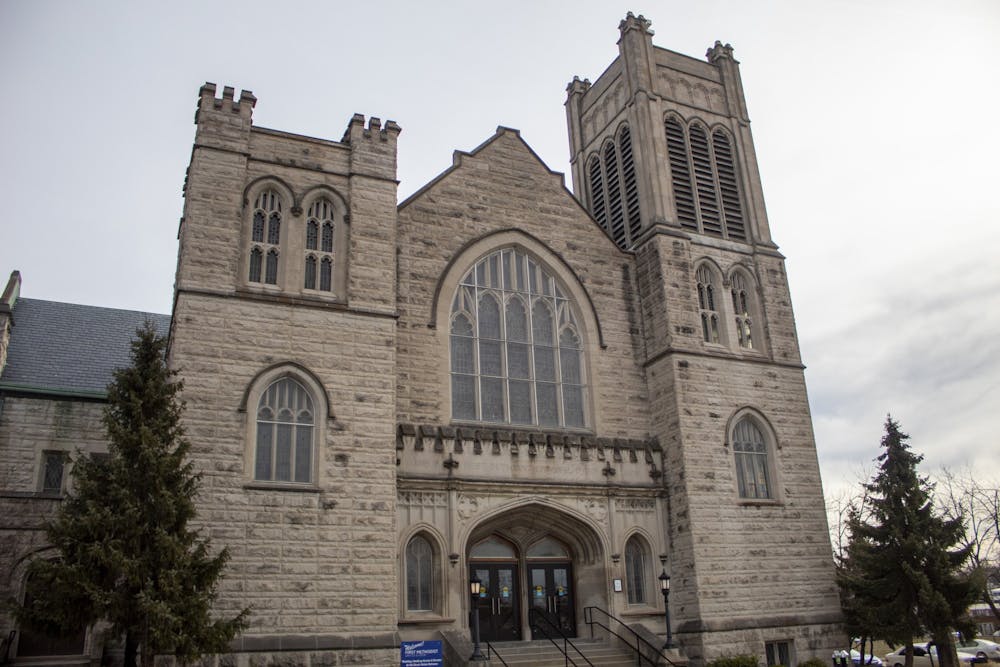After new negotiations for the proposal to split the United Methodist Church concluded in early January, churches across the nations are deciding how to navigate it.
Lisa Schubert Nowling, lead pastor at First United Methodist Church on Kirkwood Ave., said the split could be devastating for churches, especially in a state like Indiana where many members may align with the traditional side while the clergy may identify more with the progressive side.
If it does split, it will be over the differing opinions about rights of LGBTQ people to marry in the church and to become clergy members.
There are three sides involved with the potential split: the progressive, centrist and traditional. The traditional side stands with the authority of scripture while the progressive side recognizes that there are multiple practices described in the Bible that are no longer incorporated into modern day society.
“I cannot see First United Methodist aligning with traditional,” Nowling said. “We have a long history of being welcoming to all people.”
The church began to question its rules against LGBTQ rights when the American Psychological Association ruled that homosexuality is not a mental disorder in early 1973.
“Improve what we have — that’s the only way we can make change,” said David Meredith, who has served as a United Methodist clergy member since 1981. “I’m hoping the rest of the church will see this, and receive it.”
Meredith has served as a United Methodist clergy member since 1981. He is a part of the group of progressives that are fighting for a more inclusive church.
Meredith is married and gay, so he considers himself to have been involved with this decision since he was a young member of the church.
According to Todd Anderson, United Methodist Superintendent of Ohio River Valley District 3, there have been concerns about the church splitting since at least 2012.
However, no split can take place until the proposal has been approved by the General Conference in May.
"None of this is in force until the General Conference meets in Minneapolis," Anderson said. “General Conference is the only group that can speak for the United Methodist Church."
Both Anderson and Nowling said there is no way to predict what will happen until a congregation has to decide for itself.
“Personally, I feel called in my worship to welcome all people,” said Nowling.
Editor's note: Todd Anderson, United Methodist Superintendent of Ohio River Valley District 3, is the author's uncle.




